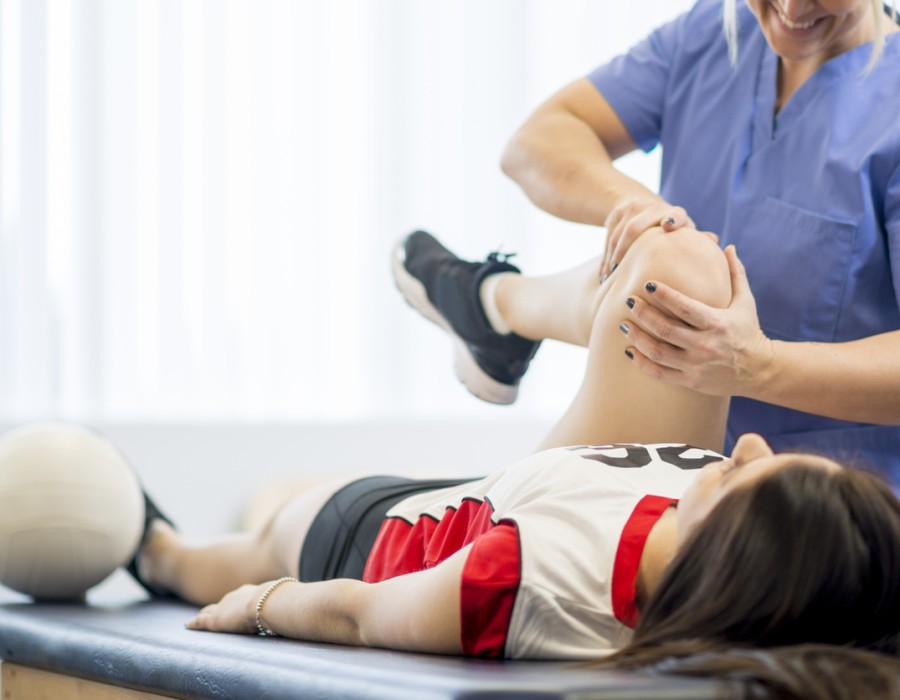Introduction:
For athletes, injuries are an inevitable part of the game. Whether you're a professional athlete or a weekend warrior, a sports injury can be a setback that impacts your performance and quality of life. When it comes to treating sports injuries that require surgical intervention, finding the right surgeon is crucial to getting back in the game safely and effectively. In this guide, we'll explore the key factors to consider when selecting the best sports injury surgeon for your needs.
Specialization in Sports Medicine:
Look for a surgeon who specializes specifically in sports medicine and the treatment of athletic injuries. Sports medicine surgeons have specialized training and expertise in diagnosing and treating a wide range of sports-related injuries, from torn ligaments and tendons to fractures and dislocations. Their focus on the unique needs of athletes allows them to tailor treatment plans to optimize recovery and maximize performance outcomes.
Board Certification and Fellowship Training:
Ensure that your chosen sports injury surgeon is board-certified in orthopedic surgery and has completed fellowship training in sports medicine. Board certification demonstrates that the surgeon has met rigorous standards of competency and proficiency in orthopedic surgery, while fellowship training provides specialized education and hands-on experience in sports medicine techniques and procedures. Look for surgeons who are affiliated with reputable sports medicine organizations and have a proven track record of excellence in the field.
Experience with Athletes and Sports Injuries:
Experience is key when it comes to treating sports injuries effectively. Seek out a surgeon who has experience working with athletes of all levels, from recreational enthusiasts to elite professionals. A surgeon who regularly treats sports-related injuries is better equipped to understand the unique demands of athletic activity, assess the severity of your injury, and recommend the most appropriate treatment options to get you back to your sport safely and efficiently.
Advanced Treatment Options and Techniques:
Inquire about the range of treatment options and surgical techniques offered by your potential sports injury surgeon. While surgery may be necessary for certain injuries, such as ACL tears or rotator cuff tears, many sports injuries can be effectively treated with minimally invasive techniques or non-surgical interventions. Choose a surgeon who is well-versed in the latest advancements in sports medicine, including arthroscopic surgery, regenerative medicine, and biologic treatments, to ensure that you receive the most advanced and effective care possible.
Comprehensive Rehabilitation and Performance Enhancement:
Recovery from a sports injury doesn't end with surgery – it requires a comprehensive rehabilitation program to restore strength, flexibility, and function to the injured area. Look for a surgeon who emphasizes the importance of postoperative rehabilitation and offers integrated rehabilitation services as part of their treatment approach. Additionally, consider whether the surgeon provides performance enhancement services to help athletes prevent future injuries and optimize their athletic performance.





Comments